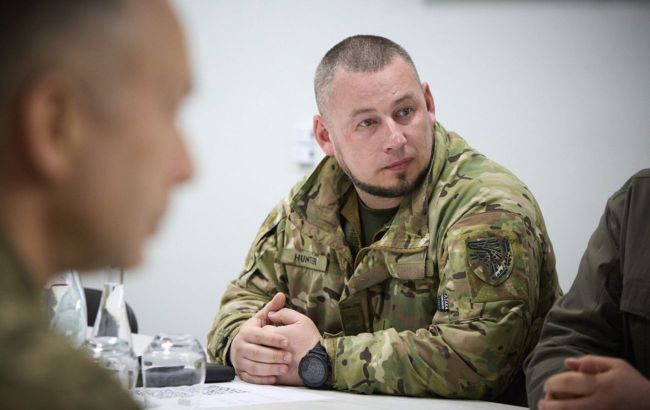'Russia is preparing not for peace': Zelenskyy's Office tells US what indicates this
 Photo: Deputy Head of the Office of the President Pavlo Palisa (president.gov.ua)
Photo: Deputy Head of the Office of the President Pavlo Palisa (president.gov.ua)
Russia is preparing not for peace, but for continued aggression. This is evidenced by large-scale arms deliveries and the active formation of anti-Western alliances, according to a statement by Deputy Head of the Office of the President, Pavlo Palisa.
"Today, I had the honor of addressing US senators on behalf of the Ukrainian military in support of Senator Lindsey Graham's sanctions bill," Palisa said.
According to him, in 2024, the enemy captured only 0.5% of Ukrainian territory, and another 0.2% since the beginning of this year.
"But at the cost of 167 killed occupiers for every kilometer. That doesn't look like a 'quick victory, '" he added.
At the same time, he explained to Graham why Ukraine can no longer just shoot down missiles.
"We need to strike at their source. The SBU's (Security Service of Ukraine) Spiderweb operation has become a symbol of a new level of action: within an hour – minus 41 Russian aircraft, including AEW planes," he said.
Russia is not preparing for peace
"Russia is not preparing for peace... (here I shared important intelligence information, but I will not disclose it for reasons of national security)," Palisa said.
He explained that since 2022, Russia has received over 8.4 million artillery shells in aid. According to the deputy, the Russians are actively building anti-Western alliances, even though they claim to be isolated.
"My appeal is simple: remain vigilant and determined. Ukraine stands not only for itself — we are fighting for the same principles of freedom and justice as you are. Thank you for the opportunity to speak the truth," he concluded.
Earlier today, Ukrainian President Volodymyr Zelenskyy said that Ukrainian operations are helping shift US rhetoric — particularly referring to the recent special operation Spiderweb.
On June 1, the Security Service of Ukraine (SBU) carried out Operation Spiderweb, which had been in preparation for over a year and a half. SSU drones struck several Russian air bases simultaneously.
The UAVs targeted four military bases: Belaya, Dyagilevo, Olenya, and Ivanovo.
According to SSU head Vasyl Maliuk, the drone strikes damaged 41 Russian strategic aviation aircraft.
It was later revealed that 34% of Russia's strategic cruise missile carriers at their main airbases were hit. The estimated value of the damaged strategic aircraft is around $7 billion.

